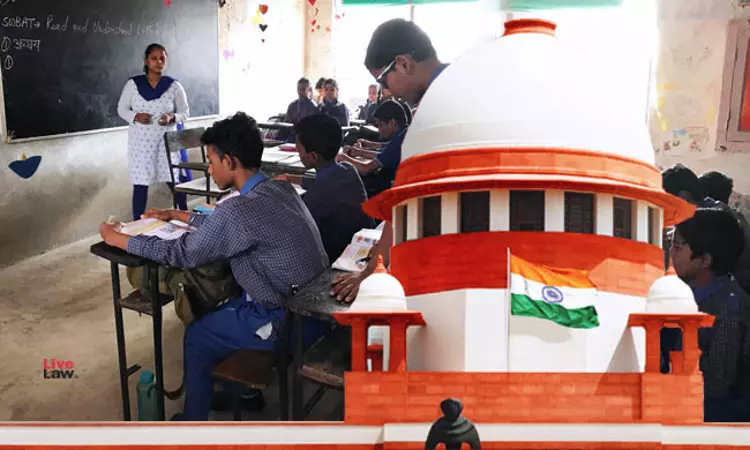The fifth of September of every year since 1962 is celebrated as 'Teacher's day' in India. It is in remembrance of the Second President of India Dr. Sarvepalli Radhakrishnan, whose birth anniversary falls on that day. Many other countries observe World Teachers' Day, as established by UNESCO in 1994, on 5 October. This article intends to quote some observations made by the Supreme Court in...

